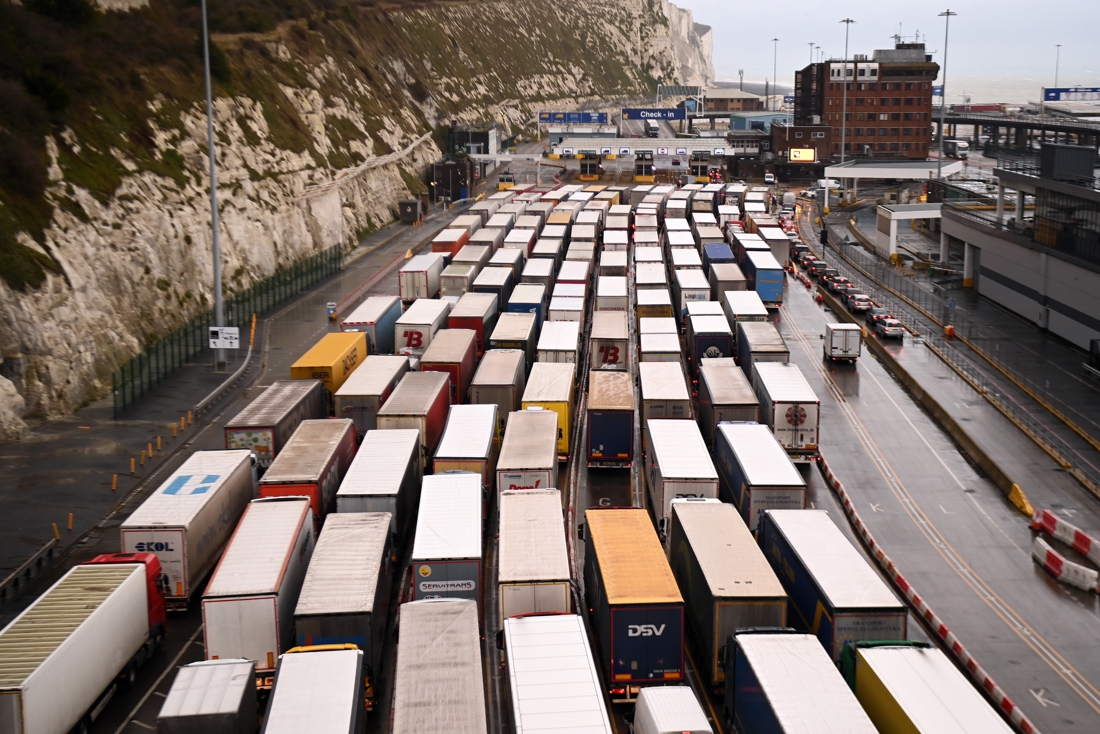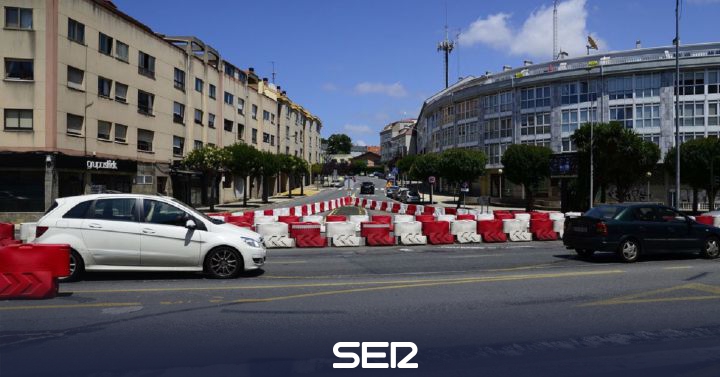To say that Antwerp is a container port is an understatement. Container traffic, the only cargo type that has grown continuously since 2014, increased in tonnage in the first six months of this year by 4.3% compared to 2020 and 3.9% compared to 2019. Expressed in standard containers (TEU), the increase is even more pronounced this year. , with a growth of 5.1% to 6.2 million TEU.
A very noticeable increase is conventional general cargo – everything that is not put into containers, but that is also not bulk goods. After a decline in 2020, the growth there can be called spectacular: an increase of 41.2%. It also equals the first six months of 2019. The main subspecies – steel and iron – grew by 37.8%, due to a spike in steel supplies. Rolling general cargo increased by more than a fifth compared to the first half of 2020.
Decontainerization
How does the steep climb of conventional general cargo come about? “On the one hand, you see that demand is picking up again due to the economic recovery,” says Gert Ickx, spokesperson for the Antwerp Port Authority. “On the other hand, the high container rates and the difficult availability of containers play a role. That causes decontainerization, whereby, for example, steel is no longer transported in containers.”
Dry bulk (for example grain or coal) increased by 7.5%, but according to the Port Authority, this fluctuates more because products such as fertilizers are seasonal. Liquid bulk – such as oil and kerosene – grew slightly (+1.3%), but is still 6.1% lower than in 2019. Fuels recorded the strongest volumes in May since October last year, while chemical transhipment increased by 8.9% grew in the first half of this year. “Demand for chemicals is booming worldwide due to the recovery of industrial production and that is beyond pre-pandemic levels,” we hear.
Made homework
The start of Brexit at the beginning of this year had an impact with more controls, longer transit times and higher costs. But Antwerp had done its homework in advance and fully touted its maritime accessibility as an alternative to the road. It has benefited from that. Traffic with the United Kingdom increased by 11.1% and with Ireland by 12.1%.
“We have proposed to transport via short sea shipping (‘short sea shipping’ also across the Channel, ed.)”, says Ickx. “Effectively, services have been added, one to Ireland and one to the United Kingdom. And an existing Ireland line also got a higher frequency.”
“After Brexit, Antwerp wants to be the gateway between Europe and the United Kingdom and Ireland more than ever,” says CEO Jacques Vandermeiren.
– .


